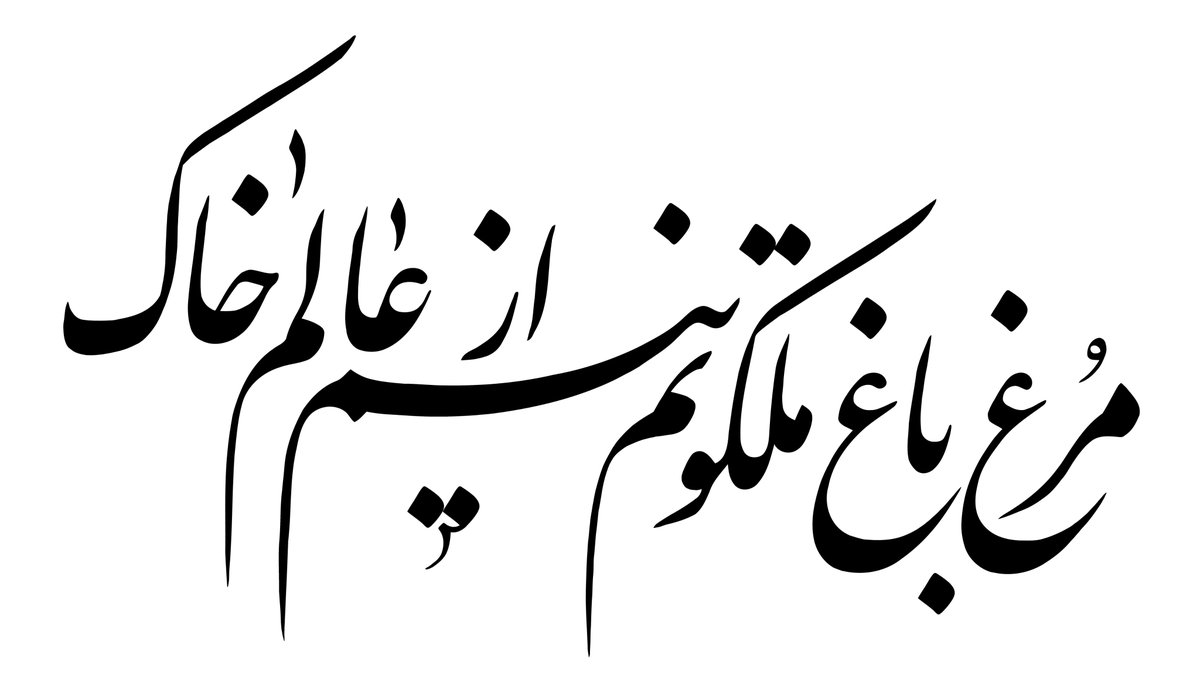Controversial fact: Rumi was not born in Balkh (modern Afghanistan) but Vakhsh (modern Tajikistan) and likely referred to himself as a 'Balkhi' because it was the only reference point Anatolians could relate to.
Source: 'Rumi: Past and Present, East and West' by Franklin Lewis
Source: 'Rumi: Past and Present, East and West' by Franklin Lewis
This fact is controversial because three modern states wish to claim Rumi:
Turkey because his residence and resting place was Konya, Iran because he hailed from the greater Iranic cultural sphere, and Afghanistan because Balkh is in modern Afghanistan.
Turkey because his residence and resting place was Konya, Iran because he hailed from the greater Iranic cultural sphere, and Afghanistan because Balkh is in modern Afghanistan.
The debate surrounding Rumi's 'nationality' is meaningless, as the concept did not exist in his world. In Rumi's day identity was based on religion and language.
Debating Rumi's nationality is a waste of time and energy, and misses the point of his teachings entirely.
Debating Rumi's nationality is a waste of time and energy, and misses the point of his teachings entirely.
I have noticed that the people most passionate about claiming Rumi tend to know the least about his teachings, and those who know the most tend to care the least.
The fight to claim Rumi is from our kibr (pride) - we desire the glory of having him belong to our imagined tribe.
The fight to claim Rumi is from our kibr (pride) - we desire the glory of having him belong to our imagined tribe.
Rumi would not care for this debate - he wanted to break free from the world, not argue about what part of it he belongs to.
This couplet sums it up perfectly:
I'm not from this dirt world,
I'm a heavenly bird who flew,
they have made a cage
from my body for a day or two."
This couplet sums it up perfectly:
I'm not from this dirt world,
I'm a heavenly bird who flew,
they have made a cage
from my body for a day or two."

 Read on Twitter
Read on Twitter




